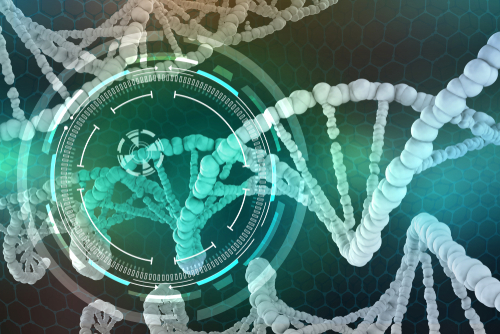First Patient Enrolled in Phase 1 Gene Therapy Study in Ireland

A Phase 1 clinical trial of a gene-based therapy for amyotrophic lateral sclerosis (ALS) is now recruiting patients in one of its European centers.
The Clinical Research Facility at St James’s Hospital Dublin, in Ireland, has enrolled its first patient and is one of four European centers to participate in this study.
Sponsored by the U.S. pharmaceutical company Biogen, the trial involves a new gene therapy, called BIIB078, that targets a mutation in the ALS-associated gene C90rf72. Known as an expansion, this mutation occurs when a sequence of DNA “letters” — which stand for the chemicals that make up DNA — is repeated within the gene.
The therapy, developed in collaboration with Ionis Pharmaceuticals, prevents the production of abnormal forms of the protein encoded by the C90rf72 gene while preserving normal forms of this protein.
“Up to 10% of people in Ireland with MND [motor neuron disease] carry an abnormal expansion of the C9orf72 gene,” Orla Hardiman, the principal investigator for the Irish part of the study, said in a press release.
“Gene therapy is an exciting new approach and considerable progress has already been made in turning off another MND associated gene (SOD1), as the results of early clinical trials have shown. We are very hopeful that the same approach will work for those with the C9orf72 gene,” she said.
“We have many people carrying the abnormal C9orf72 gene, and for these people, the current trial could be a true gamechanger,” Hardiman added.
The trial (NCT03626012) is evaluating the safety and tolerability of BIIB078 in adults with C9ORF72-ALS.
Divided into five arms, the study will include 75 patients worldwide, with each arm testing different doses of the gene therapy or a placebo. A total of just 24 participants, including the Irish patient just enrolled, are expected to be recruited for the fifth arm.
The study was recently approved by the Health Products Regulatory Authority, Ireland’s medicines regulator.
The Irish Motor Neurone Disease Association estimates that approximately 360 people in Ireland live with MND — a group of diseases in which the nerve cells (neurons) that control muscles undergo degeneration and die. ALS is the most common MND. Trinity University estimates that one person in Ireland is diagnosed every three days with the condition.
“Ireland has traditionally not been able to compete on the world stage for these types of very early clinical trials, and it is a testimony to our staff, and to the international reputation of the Irish MND Research Group that we have been selected and approved to enrol an Irish patient into this study,” said Martina Hennessy, director of St. James’s Clinical Research Facility.
“The pharmaceutical industry is also looking at other modifier genes that we could target, which could help many other people with MND who do not carry the C9orf72 mutation,” Hardiman said. “While these are early days, there is now genuine hope that MND will become a treatable disease in the near future.”






